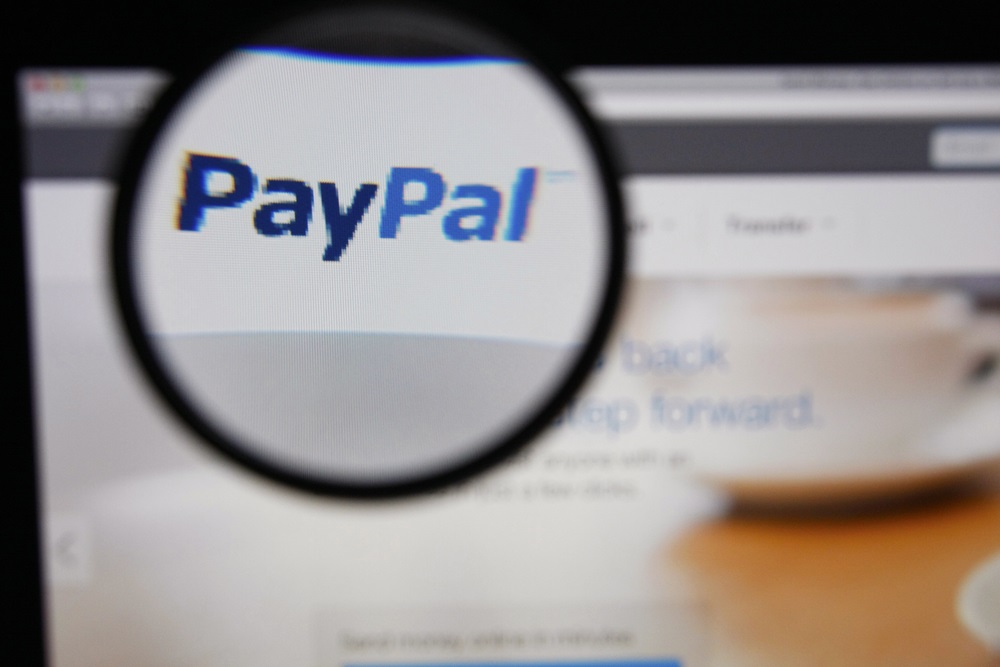

Auction site eBay and online payments service PayPal will remain the best of friends, despite the separation of the two entities later this year.
The two firms have revealed in a regulatory filing that the very favourable relationship will remain between the two after the split comes into effect.
It was in September last year that eBay finally confirmed to the world that it would split off its online payments service PayPal into a separate business.
The move had been widely expected for some time. Indeed, earlier in 2014, eBay had been forced to play down a call to sell off PayPal following comments from activist investor Carl Icahn, who said such a move was a “no-brainer”. At the time, Icahn’s suggestion was politely rejected by the company’s board, which said that it did not believe that, “breaking up the company is the best way to maximise shareholder value.”
But a few months later the board bowed to the inevitable and agreed to hive off PayPal.
This is because eBay has pledged not to reduce the volume of transactions it channels through PayPal, while at the same time it will get better rates for its merchants for five years.
In effect, the filing reveals that eBay will funnel 80 percent of its online gross merchandise sales via PayPal, as it does today, for the next five years. And the two firms have pledged to pay each other a commission if the percentage of marketplace sales dips below the 80 percent mark.
PayPal meanwhile will continue to charge eBay merchants less than it does other merchants. The payments firm has also agreed not to create its own marketplace, whilst eBay has agreed not to create its its own payment service.
And there will be management changes and job losses as well. Parent company eBay is cutting 2,400 jobs this year, and CEO John Donahoe will leave his post and become chairman of PayPal after the split.
Donahoe reportedly said the agreement between the two firms is designed to give both organisations flexibility. For example, he said either company can negotiate joint ventures with other firms without the approval from its former partner.
“PayPal is free to pursue any merchant, to pursue an Amazon, an Alibaba,” Donahoe was quoted by the Wall Street Journal as saying in an interview. “And eBay is free to bring other payment alternatives onto eBay.”
eBay had originally bought PayPal for $1.5bn (£1bn) in 2002. It subsequently oversaw a major growth period for the online payments service, which is now available in 203 markets across the world. PayPal had 160 million active accounts and enjoys a much larger market share than many of its competitors.
Meanwhile eBay remains locked in a fierce online e-commerce battle with the likes of Amazon.com and Alibaba.
What do you know about the Internet of Things? Test yourself with our quiz!
American space agency prepares for testing of Boeing's Starliner, to ensure it has two space…
As UK and Europe develop closer military ties, European Commission says it will invest €1.3…
Zuckerberg seeks to revive Facebook's original spirit, as Meta launches Facebook Friends tab, so users…
Notable development for Meta, after appeal against 2021 WhatsApp privacy fine is backed by advisor…
First sign of shake-up under new CEO Lip-Bu Tan? Three Intel board members confirm they…
Trump's nominee for SEC Chairman, Paul Atkins, has pledged a “rational, coherent, and principled approach”…